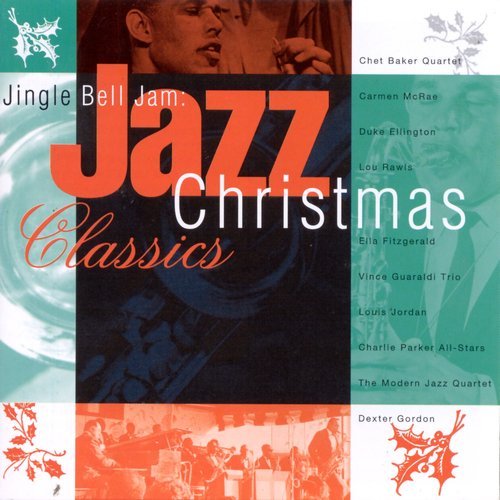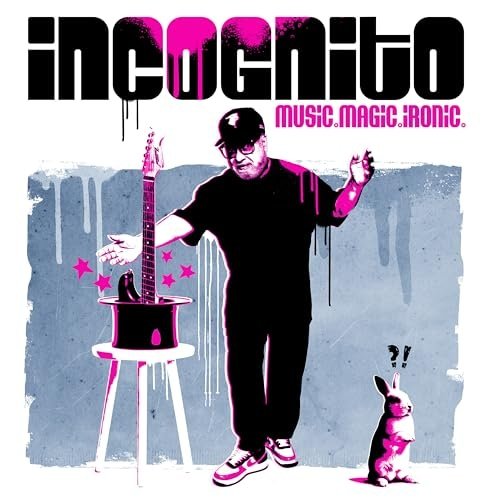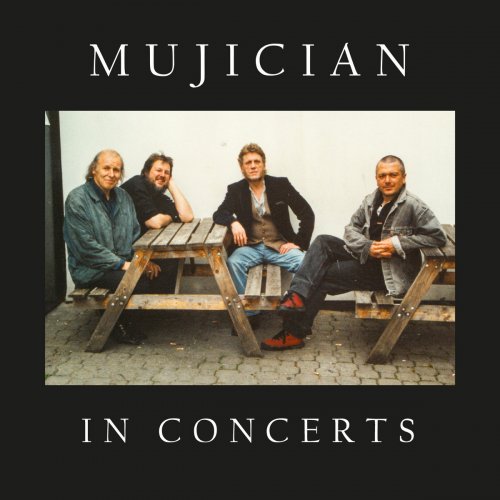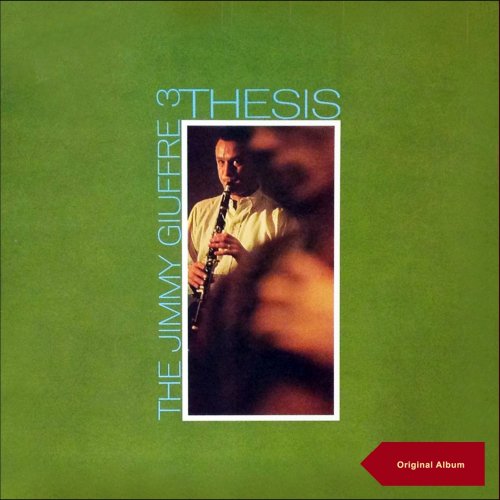Ukho Ensemble Kyiv & Luigi Gaggero - Stefano Gervasoni: Pas Perdu (2018) [Hi-Res]
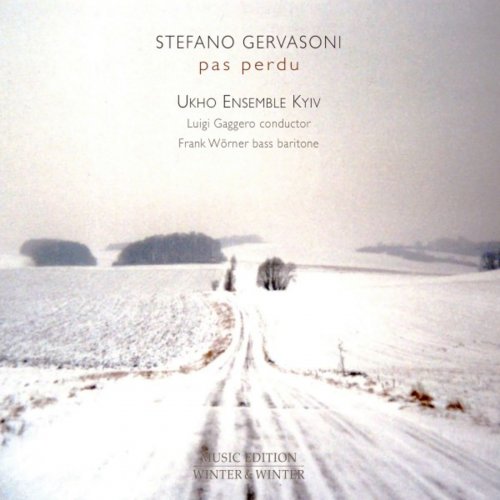
Artist: Ukho Ensemble Kyiv, Luigi Gaggero
Title: Stefano Gervasoni: Pas Perdu
Year Of Release: 2018
Label: Winter & Winter
Genre: Classical
Quality: flac lossless / flac 24bits - 96.0kHz
Total Time: 01:07:35
Total Size: 242 mb / 1.1 gb
WebSite: Album Preview
TracklistTitle: Stefano Gervasoni: Pas Perdu
Year Of Release: 2018
Label: Winter & Winter
Genre: Classical
Quality: flac lossless / flac 24bits - 96.0kHz
Total Time: 01:07:35
Total Size: 242 mb / 1.1 gb
WebSite: Album Preview
---------
01. Lilolela: I Vino cattivo (Alla marcia)
02. Lilolela: II Per via (Scherzino)
03. Lilolela: III Un dialogo laborioso
04. Lilolela: IV Rincorsa (Courante a due orchestre)
05. Lilolela: V Nube
06. Lilolela: Vi Fate presto! (Märchenbild V)
07. Lilolela: VII di questo passo
08. Pas perdu
09. Dodici Sonetti Di Camões: 1 Aqueles Claros Olhos Que Chorando
10. Dodici Sonetti Di Camões: 2 Amor É um Fogo Que Arde Sem Se Ver
11. Dodici Sonetti Di Camões: 3 Correm Turvas as Águas Deste Rio
12. Dodici Sonetti Di Camões: 4 o Dia em Que Eu Nasci Morra e Pereça
13. Dodici Sonetti Di Camões: 5 Busque Amor Novas Artes, Novo Engenho
14. Dodici Sonetti Di Camões: 6 Pede o Desejo, Dama, Que Vos Veja
15. Dodici Sonetti Di Camões: 7 um Mover de Olhos, Brando e Piedoso
16. Dodici Sonetti Di Camões: 8 Nunca em Amor Danou o Atrevimento
17. Dodici Sonetti Di Camões: 9 Vós Outros, Que Buscais Repouso Certo
18. Dodici Sonetti Di Camões: 10 Mudam-Se os Tempos, Mudam-Se as Vontades
19. Dodici Sonetti Di Camões: 11 Verdade, Amor; Razão, Merecimento
20. Dodici Sonetti Di Camões: 12 Cara Minha Inimiga, em Cuja Mão
The term lilolela refers to the final part (chorus) of Italian polyphonic songs in the genre of villotta or frottola (16th century) presenting sequences of syllables that may have meaning (such as “la sol fa re mi” suggesting “lascia fare a me” – “let me do it”, see the famous Mass of Josquin Desprez bearing this title), or be pure nonsense (“lallallarillollela, lallallarillolà”; “tandandàridondela”). Here the game of syllabic sonorities takes this second path, with syllables themselves becoming musical material. The piece breaks into seven parts, each with an individual character due to their sound characteristics.
The central idea, which underpins it and commands different levels of musical thought (timbres, arrangement of instruments on stage, “rotation” of the material both within separate parts and between them) lies in its subtitle. The word vagabonderia sounds unusual for the Italian ear, but it’s a deliberate choice. I think its imaginative, connotative potential best symbolizes the utopia of wandering, its creative aspect as it appears in “Parole nomadi”, the work of Italian philosopher and psychologist Umberto Galimberti which I was reading when composing Lilolela.
“Surrendered to nomadism, man goes ahead without definite purpose, no longer in search of a home, homeland, love, truth, salvation...These very words have become nomadic. They have ceased to be the objects of human intention or action, instead they turned into the gifts of landscape – the landscape that has made humans into wandering, aimless beings. The landscape that has become the goal itself. It is enough to perceive it, to feel it and to welcome it in the bewildering non-being of its boundlessness”. The title Lilolela thus takes on another meaning: it is what a wanderer, a nomadic poet, hums. A word of lost meaning, in a world of words which search theirs.
Luigi Gaggero has been performing as cimbalom and percussion player for 20 years and, more recently, as a conductor of contemporary music ensembles at important concert halls and festivals all over Europe, USA, and China (Philharmonics in Berlin, Paris and Kiev, Milano Musica, Carnegie Hall, Salzburger Festspiele, BBC Proms in London, Biennali in Salzburg and Venezia, Klangspuren, DeSingel…)
His original interpretations approach classical and contemporary pieces from the same point of view: in this way ancient music gets colored with the typical freedom of the contemporary music, which, in turn, despite of its complexity, abandons itself to the sweep of “classical” phrasing.
Gaggero is the musical director of the Ukho Ensemble Kyiv, which he co-founded in 2015. At the head of the Ensemble he premiered more than 40 new pieces and he conducted 3 sold-out opera productions (operas by Stefano Gervasoni, Carmine Cella and Salvatore Sciarrino) at the National Opera of Ukraine, receiving a great popular and critical acclaim. Gaggero and Ukho hold regularly masterclasses for contemporary music conducting and for composition.
As a conductor Gaggero recorded monographic CDs dedicated to Gervasoni (Winter & Winter), Hosokawa (Kairos), Solbiati (EMA Vinci Records), Monteverdi and Gesualdo (Stradivarius); as a cimbalom player he recorded solo-works by Kurtág, Hosokawa, Gervasoni, Yeznikian, Fedele and Eötvös.
On his interpretations of Monteverdi, Vittorio Ghielmi wrote “these fresh interpretations, far away from any ‘museality’, remind closely of Caravaggio’s chiaroscuro and the Baroque sculpture, letting this music powerfully come to life again before our eyes”.
During the last 20 years Gaggero has been dedicating himself to the development of new playing techniques on the cimbalom, revolutionizing the approach to the instrument. He premiered more than 40 compositions -among solo pieces, concertos and chamber music- written for him by many of the most important composers of our time, contributing to an essential widening of the cimbalom literature.
As a cimbalom player Gaggero regularly plays with the best European formations: Berliner Philharmoniker, Münchner Philharmoniker, Münchner Kammerorchester, Sinfonieorchester des NDR Hamburg, Filarmonica della Scala, Radio Filharmonisch Orkest Holland, Philharmonia Orchestra London, Orchestre du Théâtre de La Monnaie in Bruxelles, Orchestre de Radio France, and with the ensembles InterContemporain, Scharoun, musikfrabrik, Modern, œnm Salzburg, Contrechamps, Remix, Spectra and Notabu. Gaggero has played under the direction of Abbado, Barenboim, Boreyko, Boulez, Cambreling, Eötvös, Hannigan, Harnoncourt, Holliger, Muti, Nagano, Ono, Pappano, Poppen and Rattle, and he collaborated with interpreters like Juliane Banse, Muriel Cantoreggi, Mario Caroli, Marino Formenti, Niek de Groot, Barbara Hannigan, Maria Husmann, András Keller, Frank Stadler, Nurit Stark and Geneviève Strosser.
He has studied percussions and conducting with Andrea Pestalozza -who brought him to the enthusiastic discover of the music of the 20th Century-, cimbalom with Márta Fábián and, studying with Edgar Guggeis and Rainer Seegers, was the first percussionist to receive the soloist-diploma with honors at the Hochschule für Musik Hanns Eisler in Berlin.
Gaggero is professor of cimbalom at the Conservatoire and at the Académie supérieure de musique in Strasbourg, where he also conducts the contemporary music ensemble of the Académie.
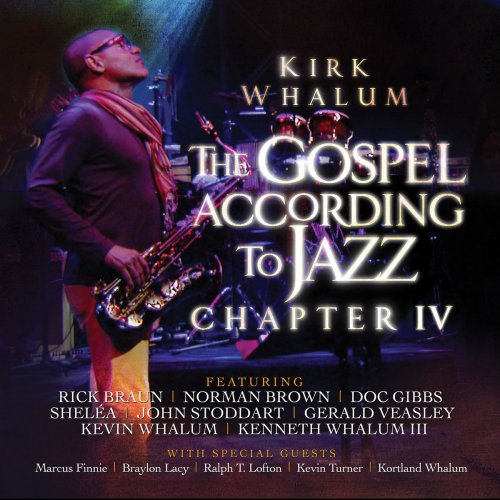
![Nipper Swing Band - Swing Christmas (The Definitive Holiday Hits) (2025) [Hi-Res] Nipper Swing Band - Swing Christmas (The Definitive Holiday Hits) (2025) [Hi-Res]](https://www.dibpic.com/uploads/posts/2025-12/1766293487_orppuisls66jc_600.jpg)
![Jamaican Jazz Orchestra - Rain Walk (2019) [Hi-Res] Jamaican Jazz Orchestra - Rain Walk (2019) [Hi-Res]](https://img.israbox.com/img/2025-12/21/snzv0mdiaf2dg21tiqrm87jaq.jpg)
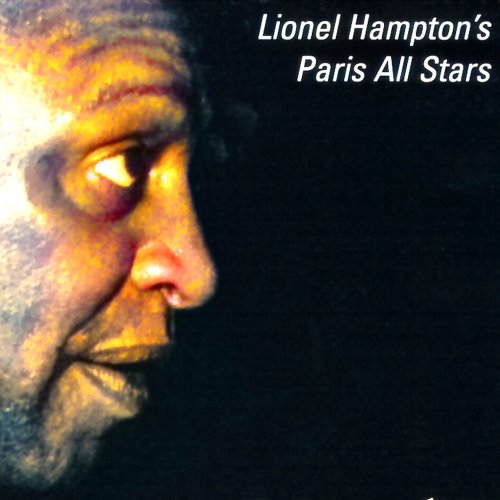
![Lionel Hampton - Jam Session (Remastered) (2022) [Hi-Res] Lionel Hampton - Jam Session (Remastered) (2022) [Hi-Res]](https://www.dibpic.com/uploads/posts/2025-12/1766651558_e3euc7osig6ec_600.jpg)
